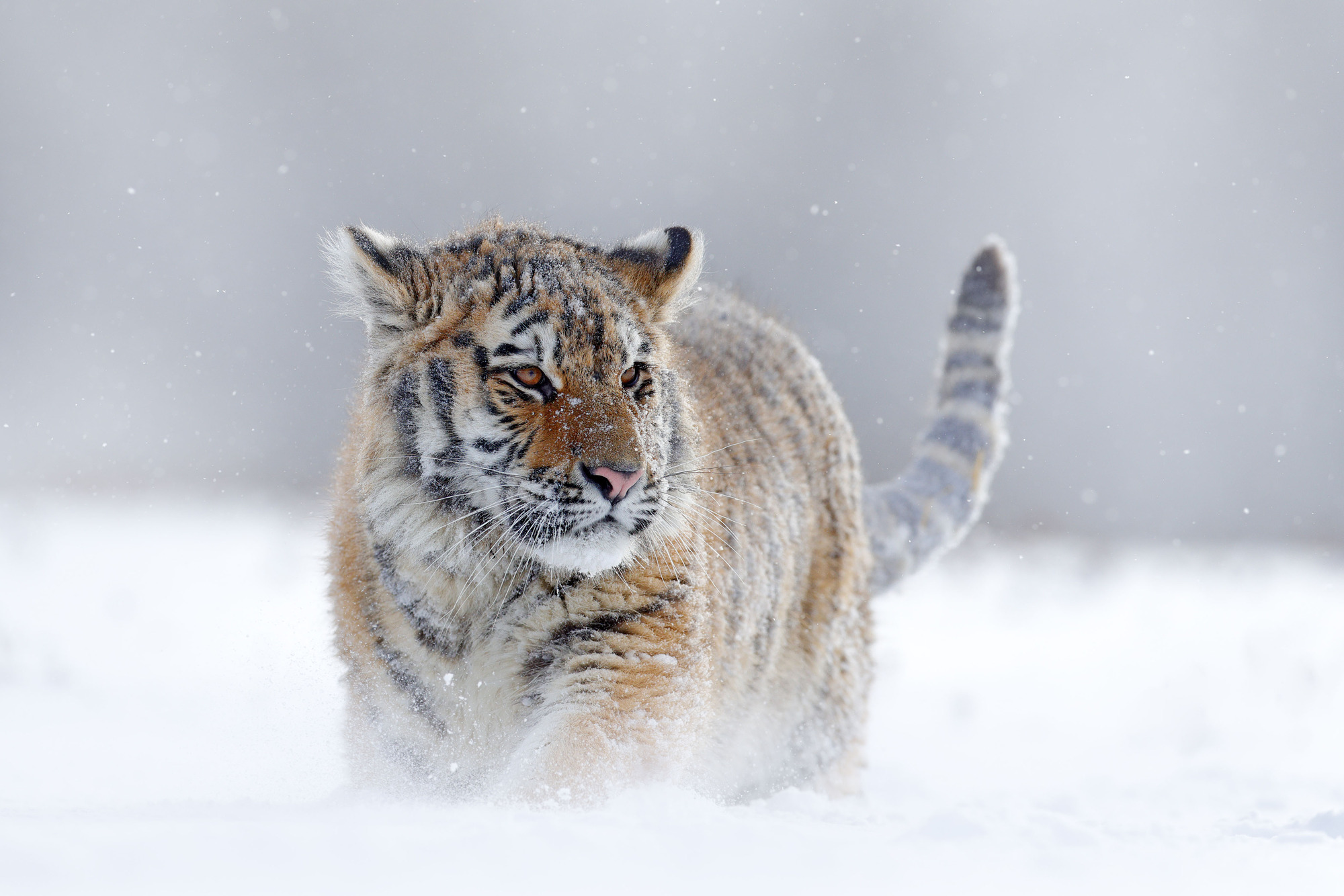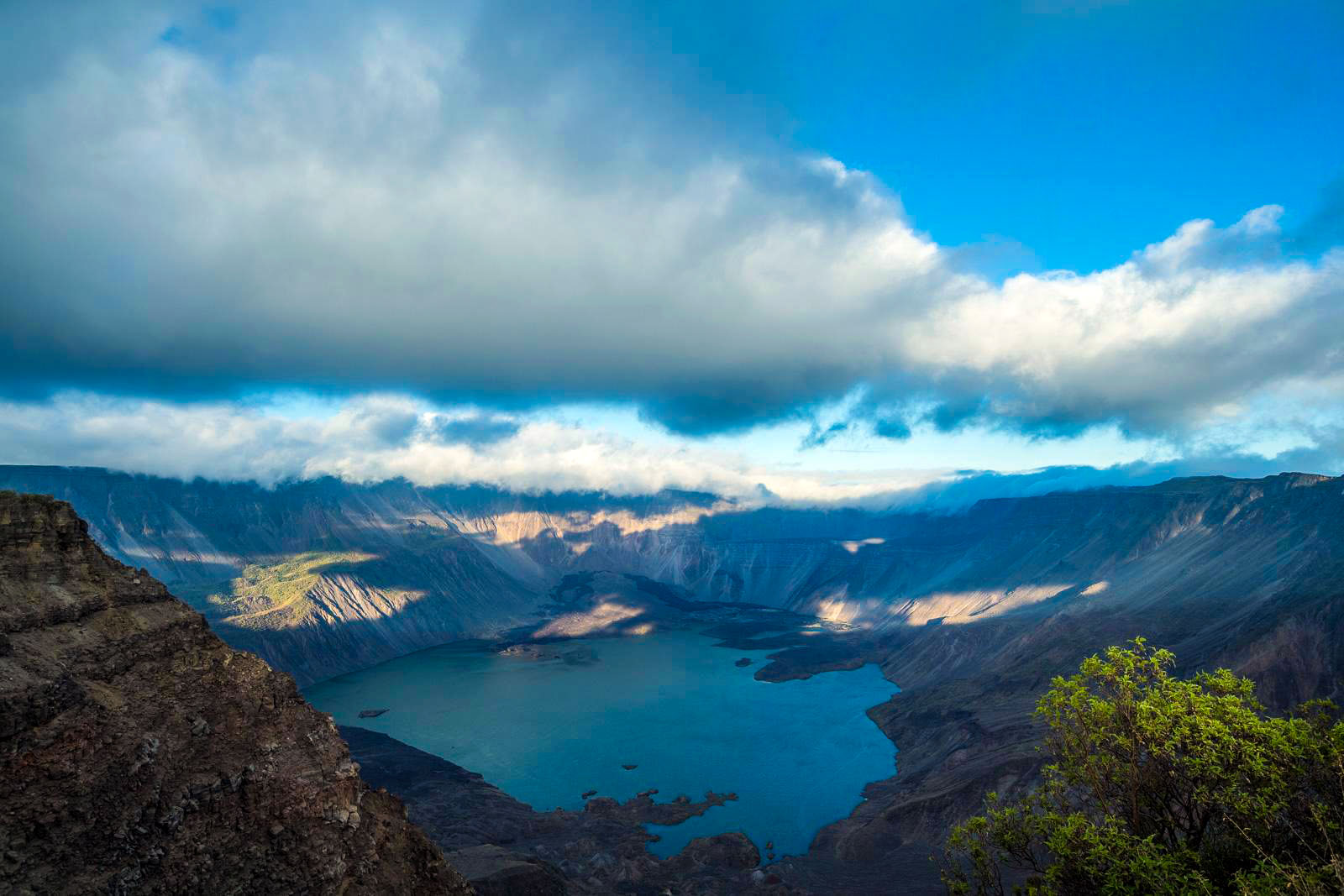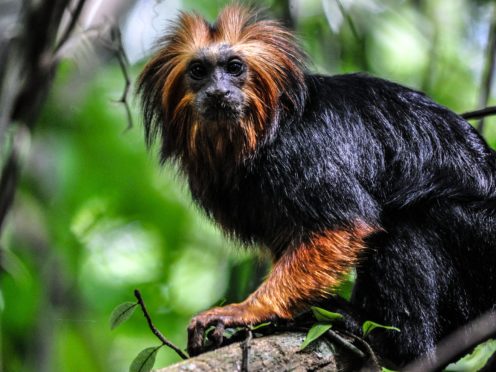A raft of new natural history shows have been revealed by the BBC, including a programme capturing the animal “dating scene”.
The broadcaster, which has enjoyed huge success with the likes of Blue Planet II and Planet Earth II in recent years, has commissioned several new series.
One of the highlights will be The Mating Game, a series described as “often dramatic and sometimes hilarious” about “the greatest challenge of all – attracting a partner”.
The camera lens will focus on the challenges of finding a mate in the wide-open grasslands, the “crowded dating scene of the jungle”, in freshwater environments and the oceans.

“Nearly every species has its own strategy – some choose to fight, others to pursue, whilst others create a song and dance about it,” the broadcaster said of the show.
“This series will tell stories from both the female and male points of view, taking a fresh look at who really is in charge when it comes to choosing the right partner. ”
Filmed in ultra high definition, The Mating Game – a working title – will feature “dramatic and comedic narratives to tell the myriad of ways life attempts to win the one game that connects us all – that of finding a mate”.
Other programmes announced on Friday include Frozen Planet II, to be broadcast some 10 years on from the original Frozen Planet.
It will air in 2021 and tell “the complete story of the entire frozen quarter of our planet that is locked in ice and blanketed in snow” and look at the threat posed by rising temperatures.
A five-part series, Perfect Planet, to be broadcast next year, will explain “how the living planet operates” and “how the forces of nature – weather, ocean currents, solar energy and volcanoes – drive, shape and support Earth’s great diversity of life”.
It will “combine a global view of the planet from space” while showing “intimate animal stories from … spectacular habitats”.

Planet Earth III, billed as “the most ambitious natural history landmark ever undertaken by the BBC”, will be broadcast in 2022.
It “will take audiences to stunning new landscapes, showcase jaw-dropping newly discovered behaviours and follow the intense struggles of some of our planet’s most amazing animals”.
Other programmes announced by the BBC include Primates, a “definitive portrait” on the “tool users, problem solvers and political animals” and Earth’s Paradise Islands, featuring Madagascar, Borneo and Hawaii.
BBC director of content Charlotte Moore described the programmes as “our biggest ever commitment to natural history”.
“The BBC is world-famous for its natural history programming and these new series will raise the bar even higher,” she said.
“Viewers around the globe have been captivated by the incredible stories that the Planets series have told and now new technology allow us to explore even more of the natural world than ever before.”
Tom McDonald, head of commissioning, natural history and specialist factual, said: “Alongside new titles such as The Mating Game and Primates, I’m delighted to be bringing the long awaited Frozen Planet back to our screens a decade after the first series was on air, and of course thrilled that Planet Earth will be back in the BBC’s centenary year.
“Both will continue our pledge to reveal not just the world’s greatest wonders and animal behaviour but reflect the very real challenges the natural world faces.”
The BBC previously announced Green Planet, “from the perspective of plants” and One Planet, Seven Worlds, featuring Sir David Attenborough.
